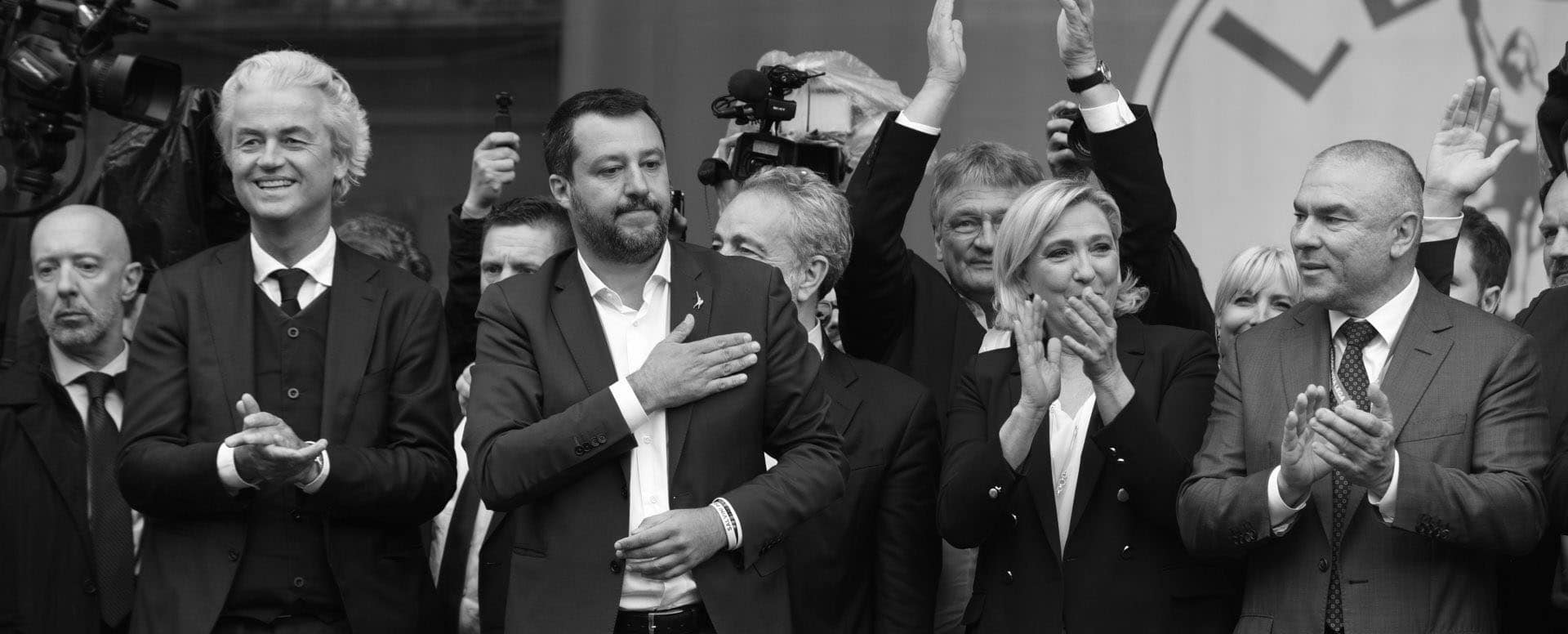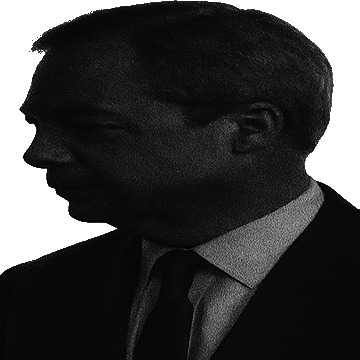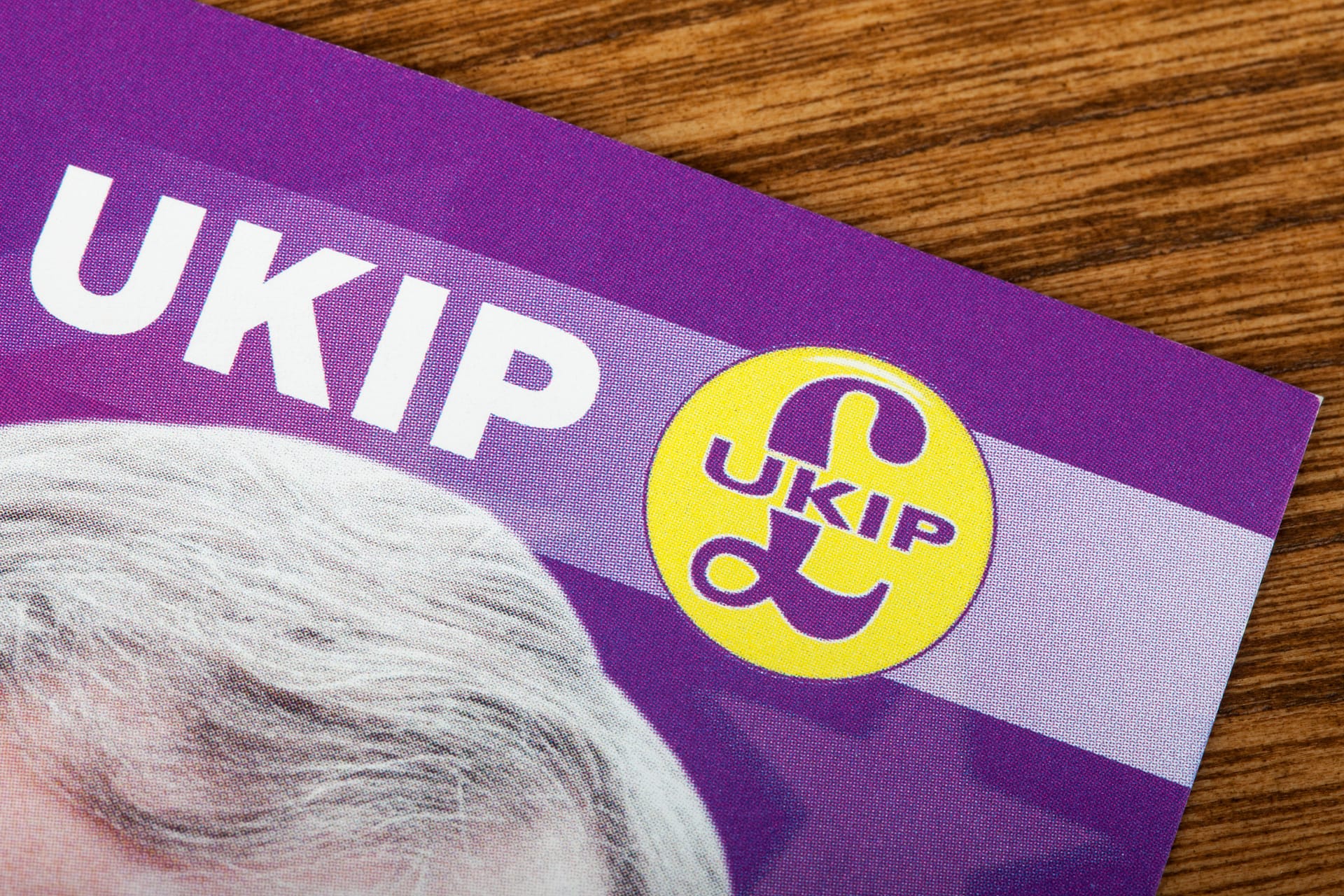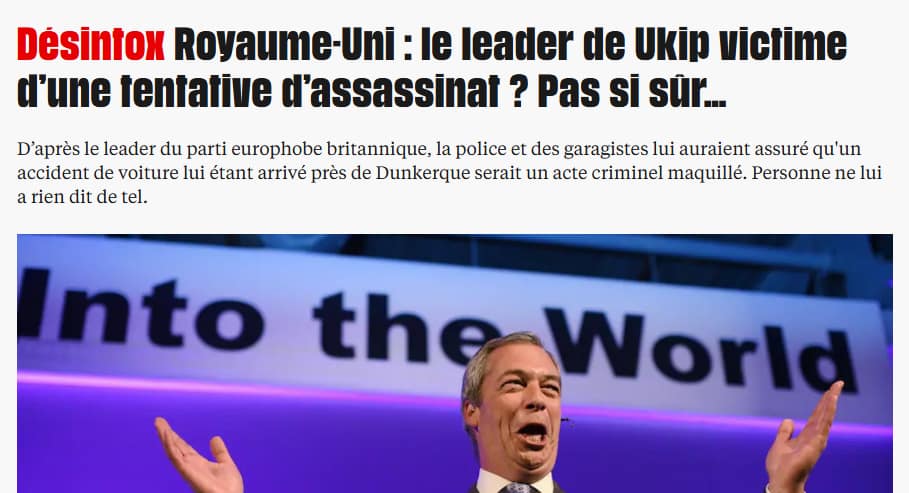An analysis of how right-wing Nigel Farage is — comparing his statements and policies with other European populist leaders and where he stands.
In recent years, the label “populist” has been applied to a wide range of European politicians — from the centre-right to the radical right. One person often cited is Nigel Farage, the former leader of UKIP and current leader of Reform UK. But how right-wing is he *actually*, especially when compared with figures like Marine Le Pen in France, Viktor Orbán in Hungary or Giorgia Meloni in Italy?
Farage’s own statements and policy signals
On immigration, Farage has advocated strong restrictions. According to his political-positions summary, he argued for ending free movement with the EU and imposing a five-year freeze on unskilled immigration. Wikipedia summary For example: he said in 2014 that some parts of Britain had become “unrecognisable” because of mass immigration.
On the question of cultural identity and Islam, Farage’s comments have sometimes mirrored those of more radical leaders. He told a Channel 4 documentary in 2015, there was a “fifth column” of Islamic extremists in the UK. Wikipedia summary
Comparison with other European populist leaders
Marine Le Pen’s party in France, for example, openly describes itself as nationalist and has strong anti-immigration, anti-globalist and state-interventionist policy positions. Viktor Orbán in Hungary runs a regime described by many analysts as illiberal, has curtailed civil liberties and aligned state power closely around his Fidesz party. Giorgia Meloni in Italy leads a government that combines social-conservatism, national identity rhetoric and a strong stance on migration.
Compared with those figures, Farage’s positioning is less coherent in terms of a full ideological package, but his rhetoric on immigration, identity and EU sovereignty places him firmly on the right-wing side of the spectrum. Unlike Orbán or Le Pen, he has not publicly pursued sweeping constitutional remodelling of democracy in the UK. He remains within the Westminster framework.

Where Farage is more moderate (or ambiguous)
While many of his peers embrace state-fundamentalist or ultra-nationalist policies (banning NGOs, consolidating media control, rewriting constitutions), Farage has largely stayed within the mainstream democratic frame. He has rejected mass deportations in some interviews and has emphasised that the UK should remain free at the point of use in public services.
Moreover, unlike some populist leaders who combine religious-traditionalist rhetoric with far-right economic liberalism, Farage has backed more socially generous-sounding policies: reversing benefit cuts, supporting pensioner fuel allowances and calling for national regeneration of industry. Le Monde, Jun 2025
The question of branding vs. substance
Some analysts argue that Farage’s public persona draws heavily on populist and right-wing tropes — anti-immigrant outsiders, man of the people, national sovereignty — but that his actual policy agenda remains comparatively moderate. One commentary put it this way: “Maybe Farage isn’t so libertarian after all… [he] committed to scrapping the two-child benefit cap and bringing back the pensioners’ winter fuel allowance.” Observer, May 2025
Verdict: How right-wing is he?
It depends how you define “right-wing.” On cultural, identity, immigration and sovereignty issues, Farage is clearly located on the right. His statements on immigration restriction, identity and the EU mark him as more right-wing than many mainstream conservative parties. When compared with the hard-right European populists who challenge democratic norms, his stance is somewhat less extreme — he has not (so far) broken the democratic framework or embraced paramilitary or anti-constitutional means.
In many ways, Farage straddles the line: rhetorically aggressive and identity-driven on the right; policy-wise somewhat flexible and populist. If you placed a spectrum from centre-right → right-wing populist → far-right illiberal, Farage sits somewhere in the right-wing populist zone, rather than the far-right corner.
Final thoughts
The rise of European populist leadership offers a wide range of “right-wing” positions. Nigel Farage occupies a distinctive place within that spectrum. He uses the language and some of the policy stances of the right, especially on immigration and identity, but he stops short of the full illiberal template followed by some of his continental peers. Understanding that nuance is important — his influence is rooted both in how he frames politics and in how he aligns (and diverges) from the more radical right-wing movements.



